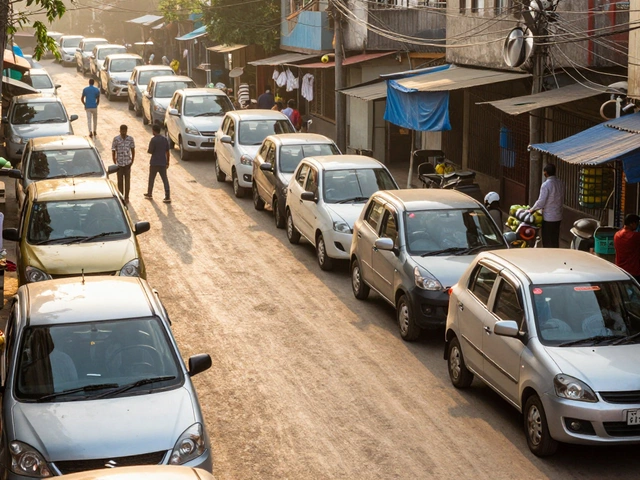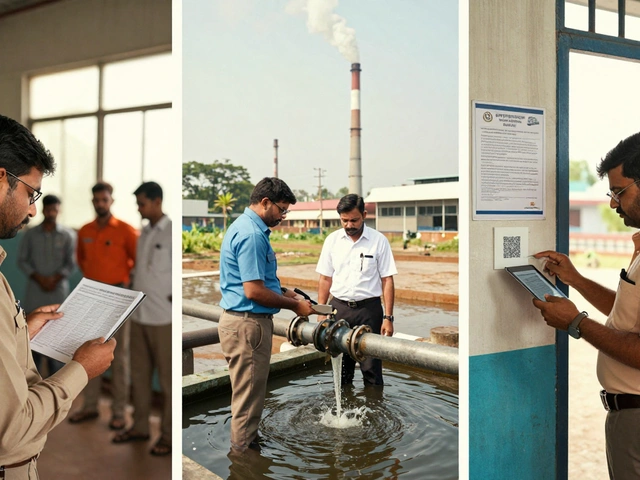Chemical Ban List India – Your Quick Guide to What’s Restricted
Did you know that a handful of chemicals can halt your production line overnight if you’re not careful? India’s chemical ban list is constantly evolving, and ignoring it can mean fines, shutdowns, or even legal trouble. This guide breaks down the most common bans, explains the reasons behind them, and gives you clear actions to stay on the right side of the law.
Key Chemicals Currently Banned or Restricted
Here are the top offenders you’ll encounter most often:
- Polychlorinated biphenyls (PCBs) – banned for use in transformers and capacitors due to severe health risks.
- Asbestos – prohibited in construction and manufacturing because it causes lung disease.
- Formaldehyde – limited in textile finishing and furniture production; concentrations above 0.1% are not allowed.
- Chromium VI – heavily restricted in plating and leather processing for its carcinogenic nature.
- Bisphenol A (BPA) – banned in food-contact plastics and baby products under the Food Safety and Standards Act.
The Bureau of Indian Standards (BIS) updates the list whenever new health data emerges, so staying informed is a must.
How to Keep Your Business Compliant
Compliance doesn’t have to be a nightmare. Follow these practical steps:
- Check the latest BIS notifications. Visit the official BIS website weekly or subscribe to their alert service.
- Maintain a material safety data sheet (MSDS) library. Every chemical you use should have an up‑to‑date MSDS that reflects current restrictions.
- Audit your supply chain. Ask vendors for proof that their raw materials meet Indian ban criteria. A simple compliance certificate can save you hours of trouble.
- Label and store responsibly. Separate banned substances from approved inventory, and clearly label any restricted chemicals that are still in use for research purposes.
- Train your staff. Conduct quarterly briefings on the ban list and safe handling procedures. Real‑world examples help the message stick.
If you discover a banned chemical in your process, act fast: replace it with an approved alternative, update your documentation, and notify the relevant authorities if required.
For small manufacturers, the biggest hurdle is often knowing where to look. A practical tip is to download the "Chemical Ban List India" PDF from the Ministry of Environment, Forest and Climate Change and keep it on your production floor for quick reference.
Remember, compliance is not just about avoiding penalties. It protects your workers, improves product quality, and builds trust with customers who increasingly demand environmentally safe products.
Got a specific chemical question? Drop a comment or contact a local regulatory consultant. The sooner you act, the smoother your operations will run.
Banned Chemicals in India: What You Need to Know in 2025
Get updated facts on which chemicals are banned in India, why they're restricted, and what it means for public health, industry, and daily life. Learn the latest rules and risks.
Read More




